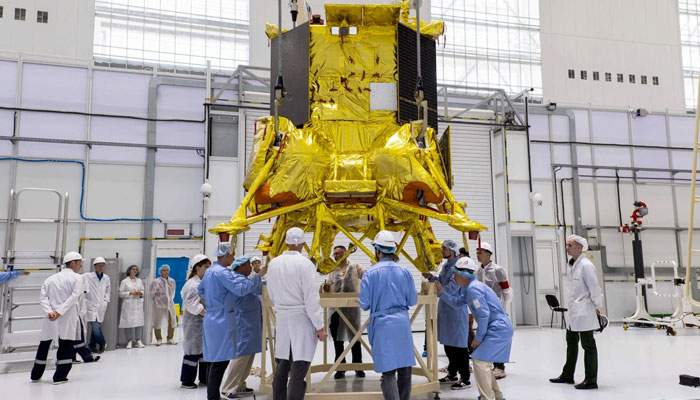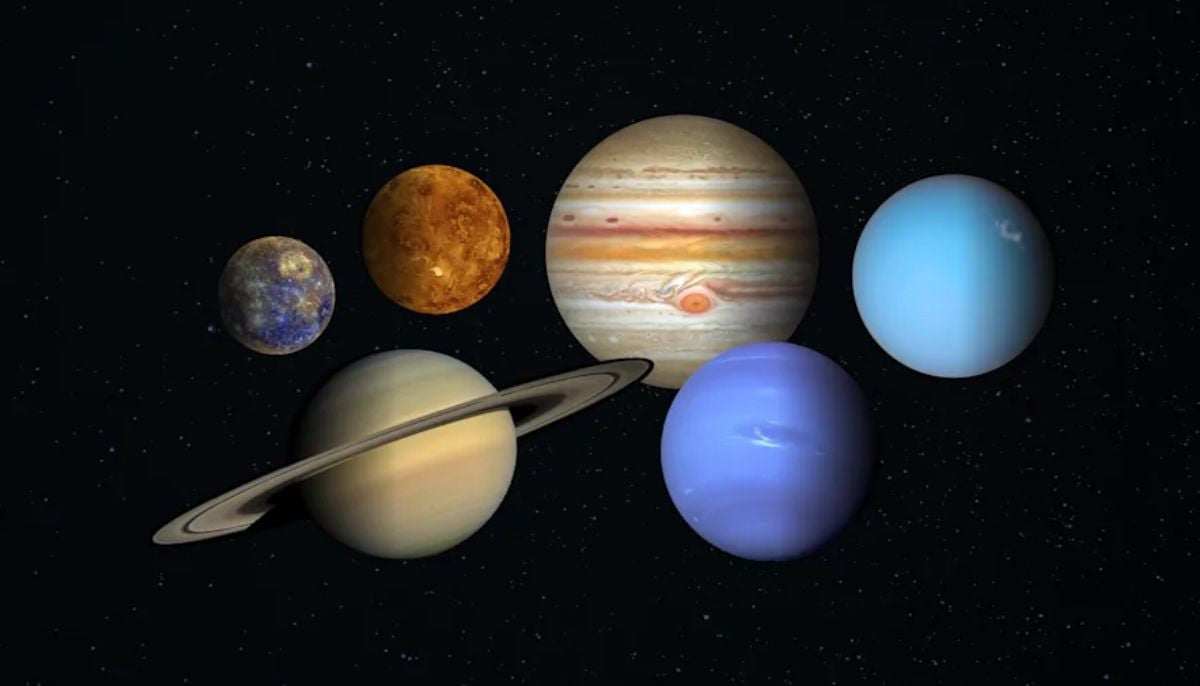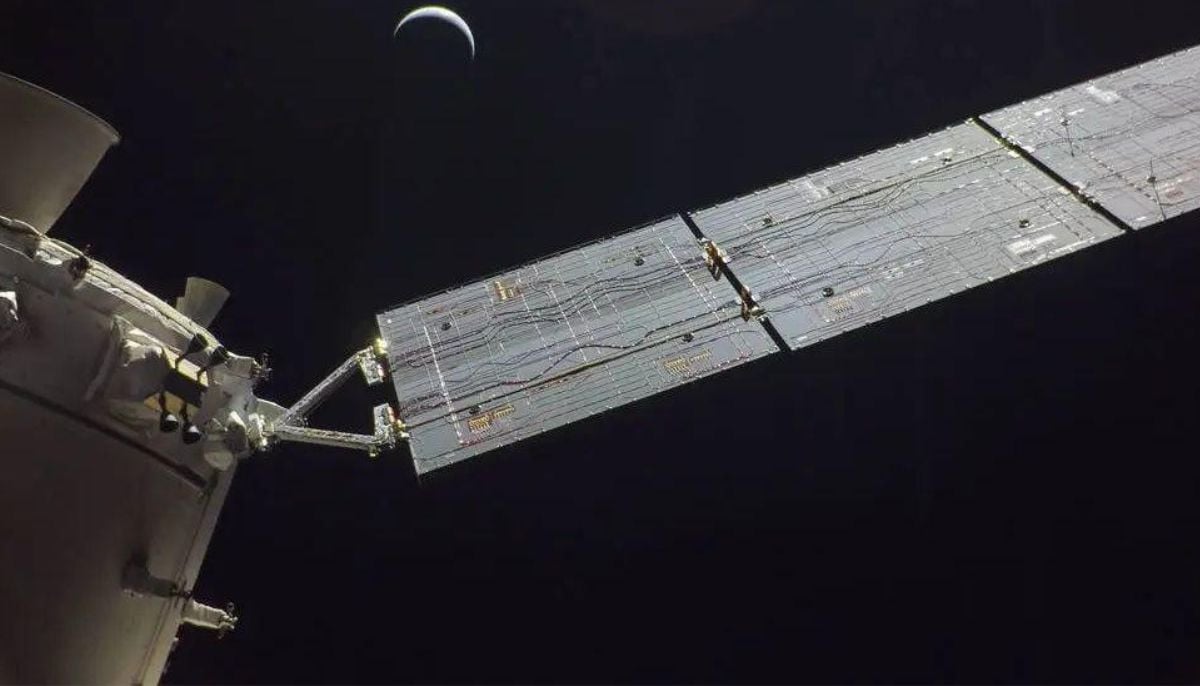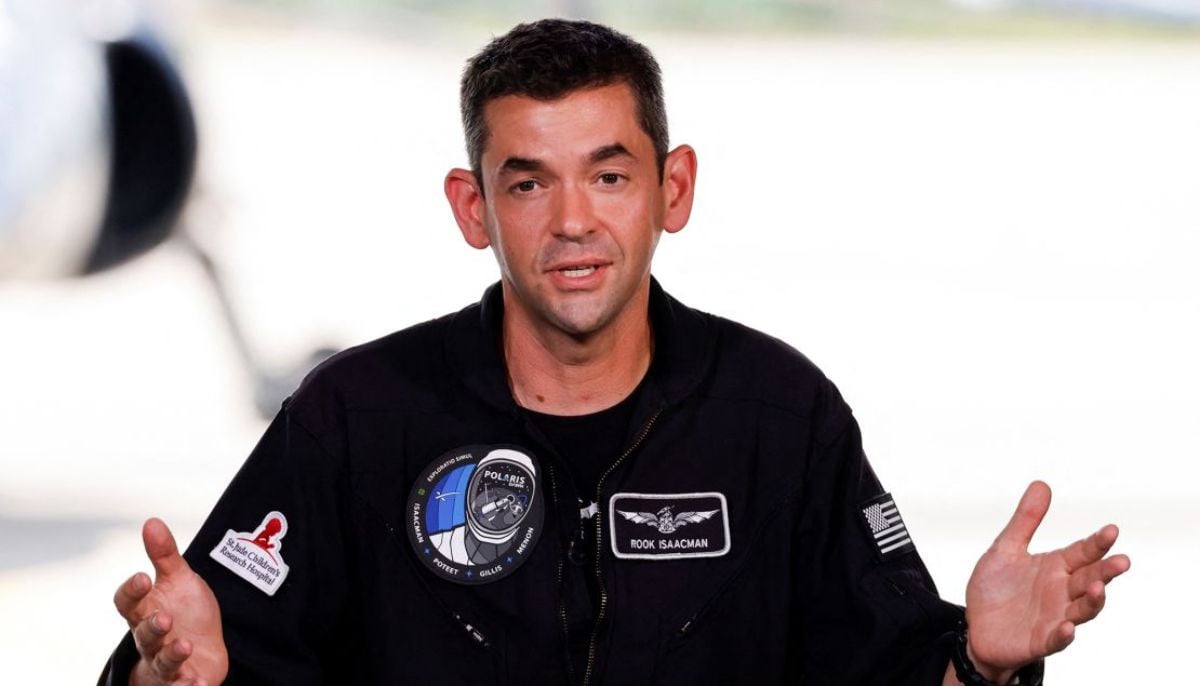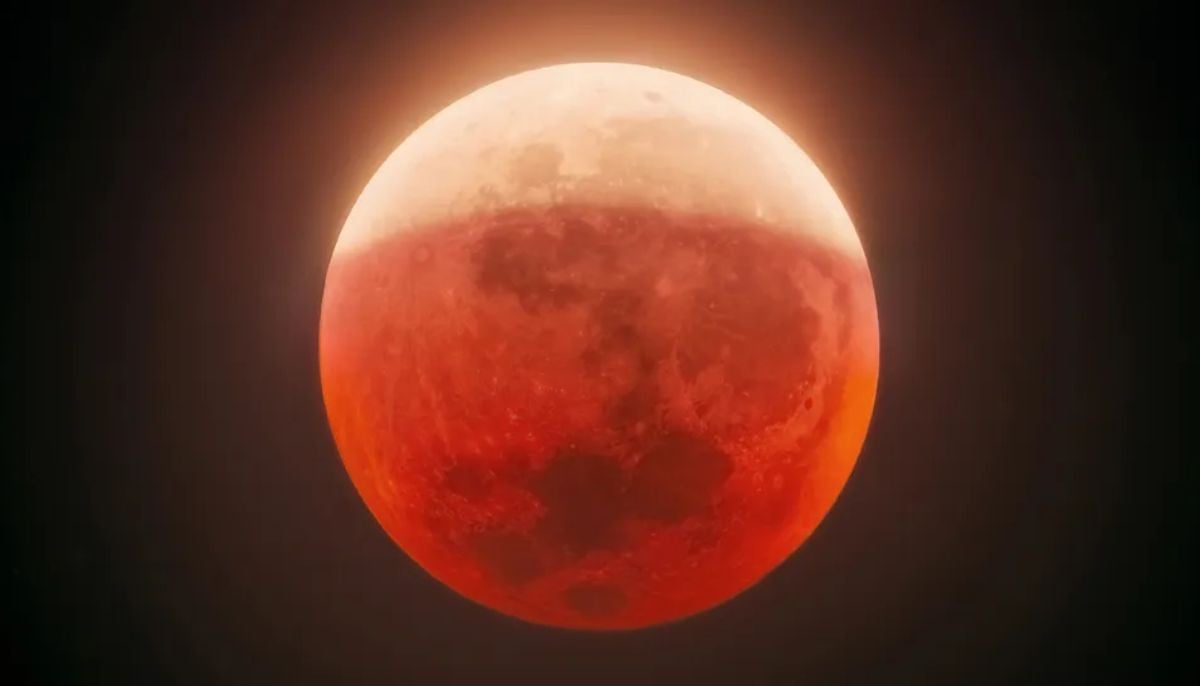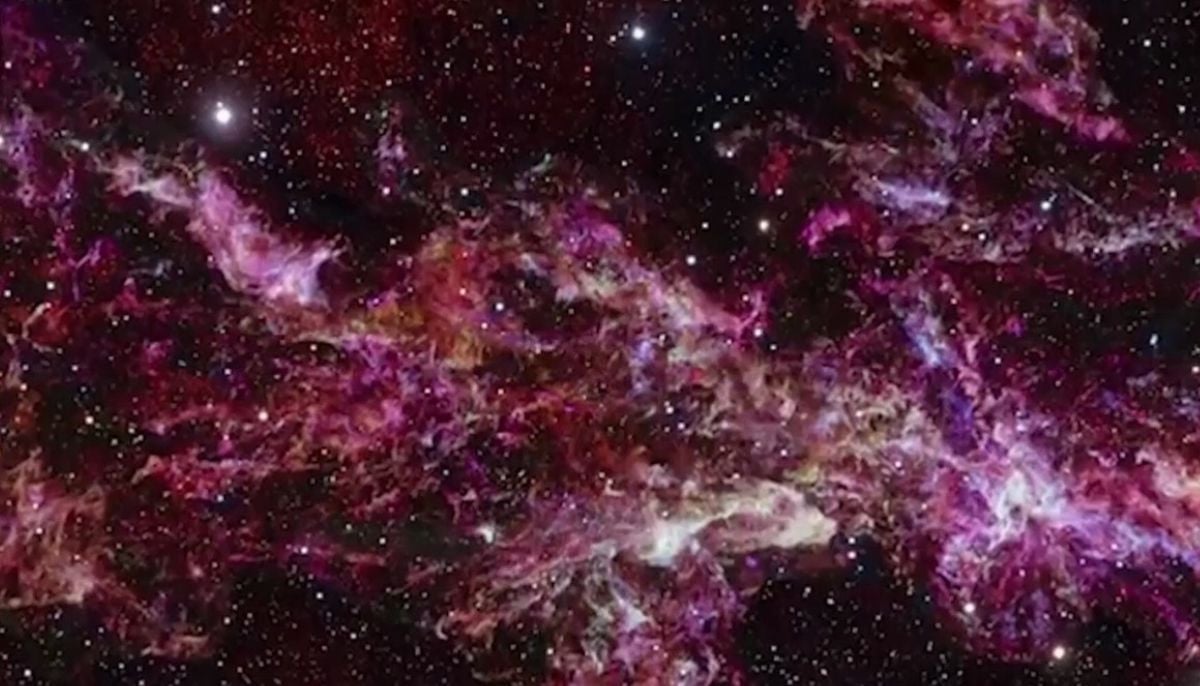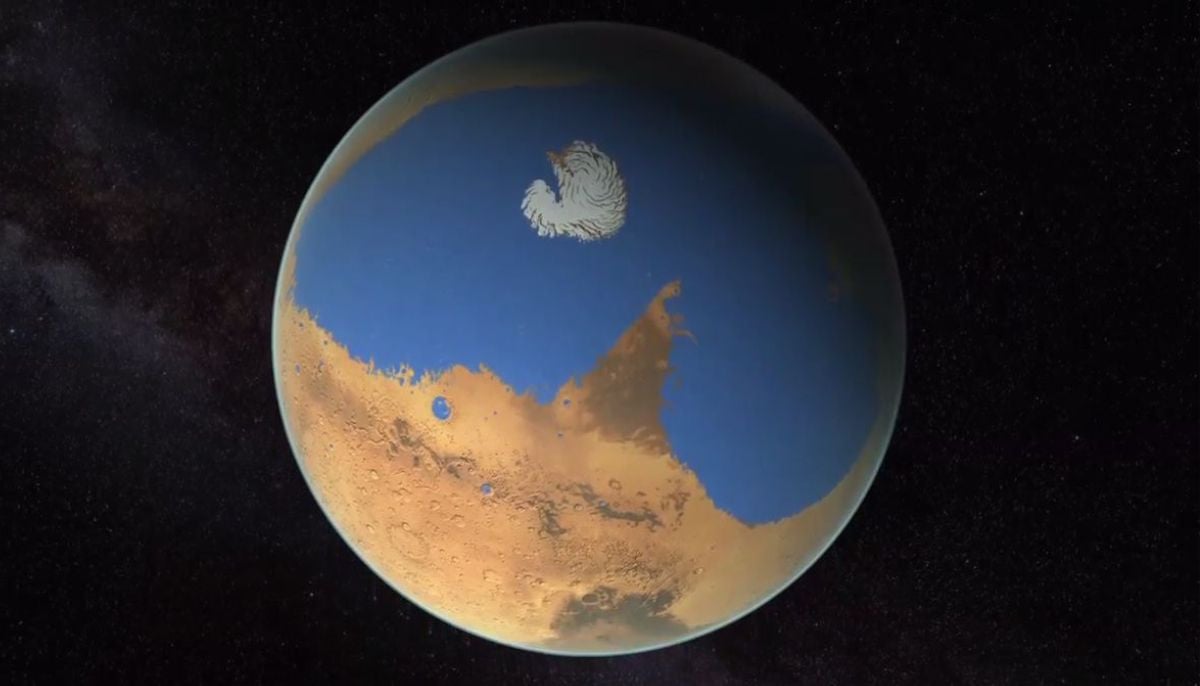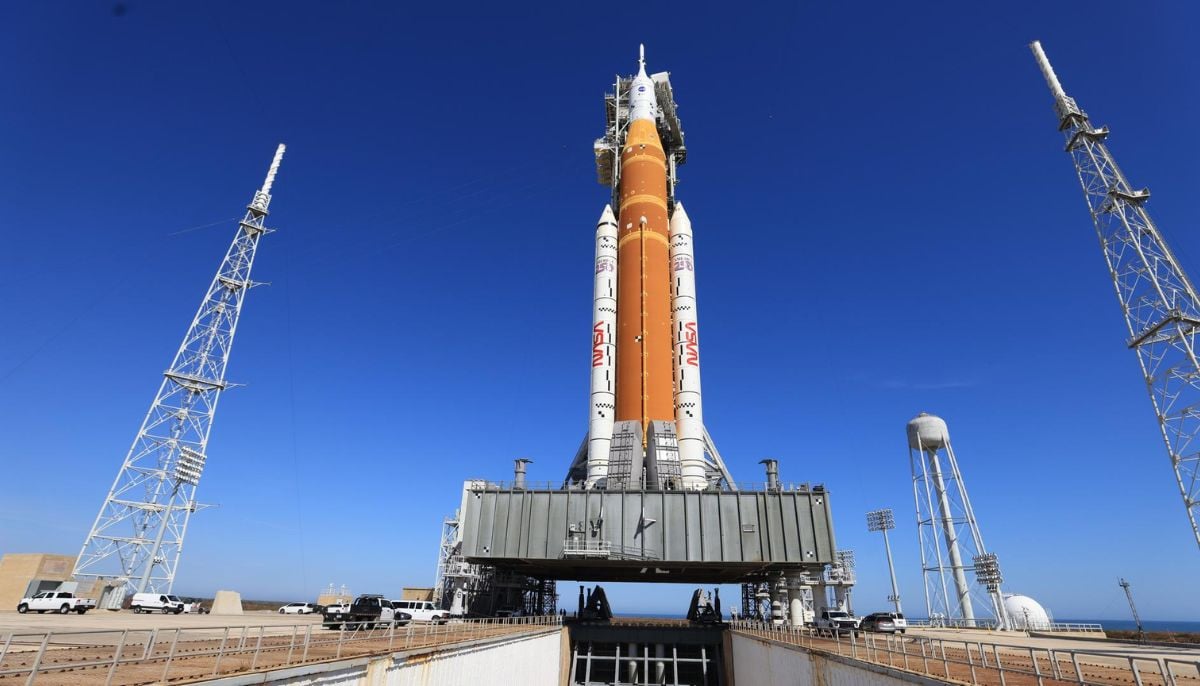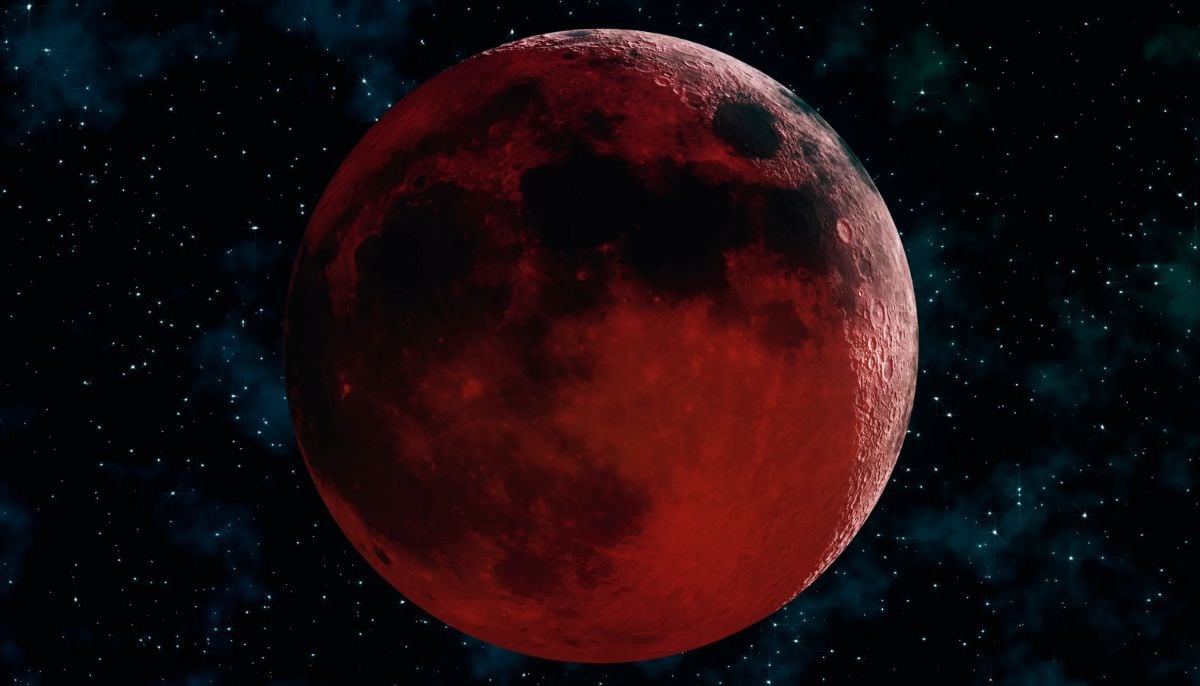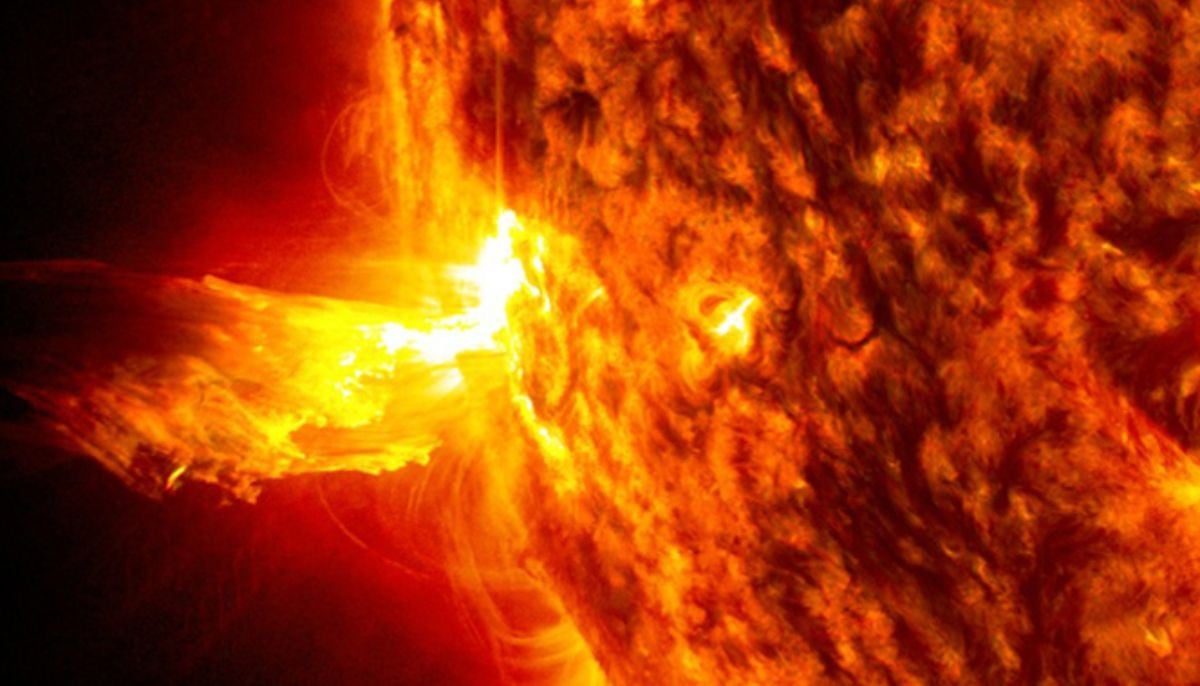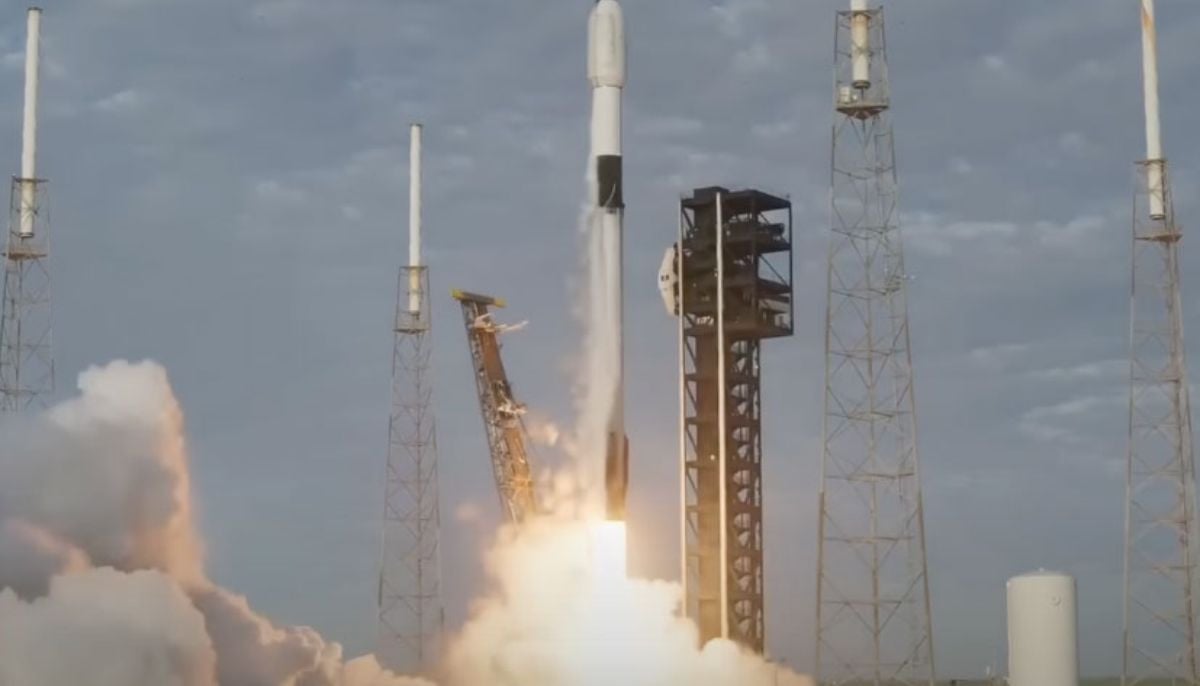Russian space agency chairman elaborates why Luna 25 was unsuccessful
The agency chief says experts are investigating the causes of devices' failure to perform as expected
The failure of speed-measuring equipment on Russia's Luna 25 resulted in the spacecraft's autonomous interplanetary station crashing into the moon last month, Yury Borisov, the chairman of Russia's space agency Roscosmos, revealed on Friday.
During a news briefing, Borisov explained that as "the correction engine didn't stop working based on the data from the accelerometer," the probe's landing operation went horribly wrong.
He added that the accelerometers in the car, which monitor changes in speed, "didn't switch on," resulting in the failure of Russia's first mission to the moon in 47 years.
The agency chief states that the causes of those devices' failure to perform as expected are being looked into by experts and that 11 of the 16 possible outcomes have already been considered.
Borisov also revealed that Bill Nelson, the head of Nasa, was the first to encourage him after the incident, according to RT.
The first Russian lunar probe since the end of the Soviet Union, Luna 25 was launched on August 11 by a Soyuz 2.1b rocket from the Vostochny Cosmodrome in Russia's Far East, Geo News reported.
The spacecraft successfully reached the lunar orbit, but its landing attempt on August 19 was unsuccessful. Shortly after, Roscosmos reported that the Luna 25 had "switched to a non-designated orbit and ceased to exist due to a collision with the surface of the moon."
A few days following the collision, Borisov informed the media that the probe's engine failed to shut down properly, continuing to run for 127 seconds as opposed to the anticipated 84 seconds.
He stated that the organisation "will, of course, take into account all the errors that were committed during this mission" to ensure "the future missions of Luna-26, 27, and 28 will be successful."Russi
-
Stunning new photos of the Milky Way shed light on how stars are formed
-
Antarctica’s mysterious ‘gravity hole’: What’s behind the evolution of Earth’s deep interior?
-
‘Mars’ missing water mystery takes a surprising turn as new study finds regional dust storms trigger massive water loss into space
-
Scientists reveal how sleeping can unlock your creative potential
-
NASA Artemis 2 moon mission faces unexpected delay ahead of March launch
-
Total Lunar eclipse: What you need to know and where to watch
-
Sun appears spotless for first time in four years, scientists report
-
SpaceX launches another batch of satellites from Cape Canaveral during late-night mission on Saturday
